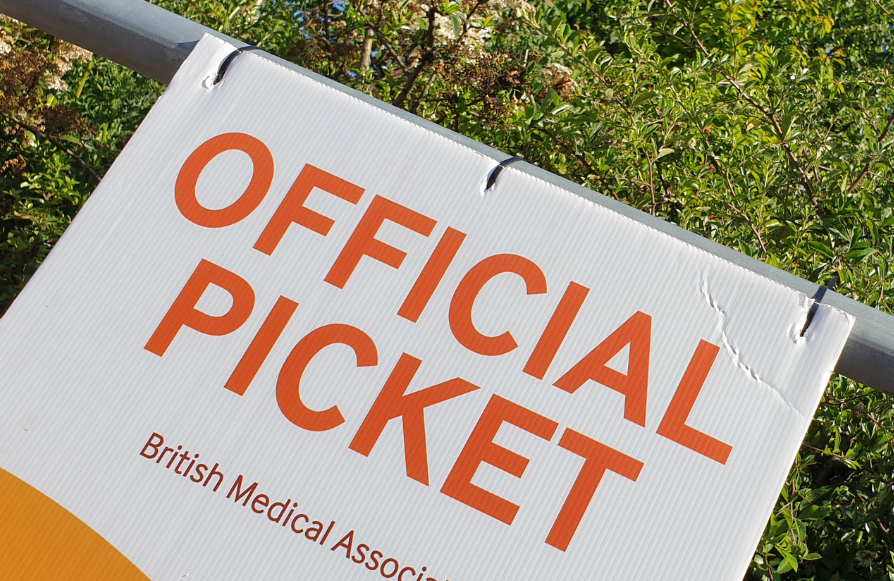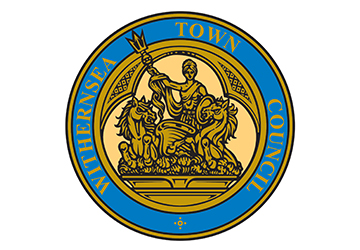Hull’s hospitals are preparing for the thirteenth round of industrial action by the British Medical Association (BMA)’s resident doctors, formerly known as junior doctors. Some outpatient and non-surgical procedure appointments will be cancelled as a result of the disruption next week.
Staff at Castle Hill and Hull Royal Infirmary have put plans in place to prepare for the strike. The BMA full walkout strike will last five days, from 7am on Friday, November 14, until 7am on Wednesday, November 19.
“Patient safety is, of course, our top priority during this period of industrial action and we are putting contingency plans in place to ensure disruption to patients is as minimal as possible,” said Matt Powls, NHS Humber Health Partnership’s interim group chief delivery officer. “We’ll be prioritising urgent and emergency care and cancer services, so those patients who need us the most, and patients staying with us as inpatients will continue to receive care.”
To be able to do this, however, some routine and planned care appointments will have to be cancelled. “I can only apologise that some appointments will be cancelled, both in terms of outpatients and non-urgent surgical procedures,” said Mr Powls.
“They will be rescheduled as soon as possible, and as I say, we’re extremely sorry for that inconvenience.” Affected patients will be contacted in advance. Anyone with an appointment or procedure scheduled to take place during the strike period should attend the hospital as planned if you do not hear otherwise.
Mr Powls said local NHS staff were well rehearsed in putting plans in place for industrial action, though the five days of action would put “further burden on our services which are already under considerable pressure”.
“As with previous strikes we’d really appreciate the support of our local communities. GP surgeries and pharmacies will remain open during the strike.
“NHS 111 staff are on hand to offer advice if you’re unwell and unsure where to turn. If you do need to come into one of our emergency departments please be mindful that we have fewer doctors on shift so be prepared to wait to be seen and please respect our staff who are in work who are doing their best to see and treat people as quickly as possible.”
NHS-recommended ways patients can help themselves and others include:
- Ordering repeat prescriptions in plenty of time so they do not run out.
- Using the NHS Emergency Prescription Service if a regular medication runs out completely.
- Keeping a well-stocked medicine cabinet at home, with the likes of painkillers and diarrhoea tablets.
- To avoid hospital if suffering Norovirus-type symptoms such as diarrhoea and vomiting, or with cold or flu-like symptoms.
- Familiarising themselves with nearby NHS services that can offer help both in and out-of-hours, like all Walk-In and Urgent Treatment Centres and a number of local pharmacies. NHS111 remains available 24 hours a day, 365 days a year for medical advice and signposting, online or over the phone.
Full details of alternative local healthcare services can also be found at www.letsgetbetter.co.uk.
Why is the BMA strike action taking place?
This is thirteenth round of BMA resident doctors’ strike action since March 2023. The dispute centres around pay.
Health and Social Care Secretary Wes Streeting wrote to the BMA this week offering a new deal. This involved covering the cost of mandatory exams, which can amount to thousands of pounds over the course of doctor training, membership fees to royal colleges, and increasing training places more quickly.
Mr Streeting wrote in his letter the choice was between “unnecessary strike action” that would cause disruption and make some parts of his offer unaffordable, or to “work in partnership with the government to both deliver real change and improvements”.
The BMA has rejected the offer. It seeks a pay uplift of 26 per cent to claw back the loss of value of doctors’ pay since 2008/09, when compared to the rate of inflation.
Mr Streeting’s offer did not address this central element. He has maintained he would not negotiate on pay after resident doctors had received pay rises totalling nearly 30 per cent in the past three years.
All-out strike action by resident doctors across England last took place in July. The Department for Health and Social Care published last week a document proposing a pay uplift of 2.5 per cent for doctors.
In response, the BMA strongly criticised this, pointing out it is below inflation. “Each sub-inflation offer pushes more doctors to leave the NHS or the country altogether, and it is patients who ultimately pay the price for this foolishness,” stated BMA council chair Tom Dolphin.




























































